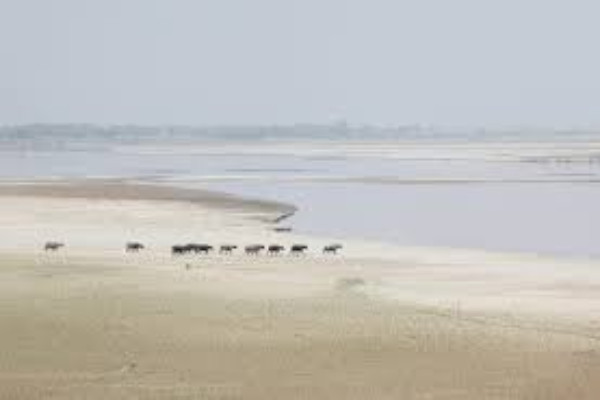
India appears to have scored a key point in the tug-of-war with Pakistan over the Kishanganga and Ratle hydropower projects in Kashmir.
The latter’s objections to both projects saw the World Bank initiate the arbitration process at The Hague in 2017, while also allowing the Neutral Expert to deal with the issue.
India rejected this pointing out that the Neutral Expert, in this case Michel Lino, president of the International Commission of Large Dams, was the appropriate forum as set out in Article 9 of the Indus Waters Treaty (IWT).
Lino stated on Monday that he is competent “to render a decision on the merits of the Points of Difference” between India and Pakistan on the two hydropower projects.”
India welcomed this. The Ministry of External Affairs said “It has been India’s principled and consistent position that the Neutral Expert alone has the competence” to decide on India Pak differences over the projects.
“Being committed to preserving the sanctity and integrity of the treaty, India will continue to participate in the Neutral Expert process so that differences are resolved in a manner consistent with the provisions of the treaty.”
This does not mean Pakistan will abandon the arbitration process, or its objections to the Ratle project on the Chenab river, and Kishanganga on the Jhelum, say diplomats and academics who have dealt with the issue.
Recall that under the Indus Waters Treaty, Pakistan is entitled to the westward flowing waters of the Indus, Jhelum and Chenab, while India gets the east flowing Ravi, Beas and Sutlej.
The treaty allows India to build run-of-the-river dams even on the rivers that flow into Pakistan. These dams don’t store water, only generating electricity. As far as India is concerned, these are technical, engineering issues, but for Pakistan driven by animus towards India, it’s politics and it has sought to delay and derail such projects.
In September last year, India served Pakistan a formal notice seeking “review and modification” of the IWT. This was a step forward from an earlier notice sent in Jan 2023, where India only sought “modification” of the treaty.
The notice reflected India’s growing water shortages and the need to provide for a growing population. Therefore, the need to renegotiate the IWT. Pakistan ignored both notices. Renegotiating the treaty means Pakistan may get less than what it has got used to. Renegotiating with India would also be political hara-kiri for the ruling establishment,
There is a view in India that the time has come to junk the IWT. In some quarters, it is seen as unfair, putting Pakistan on the same level as much larger India. Does that mean India will repudiate the IWT? That is not clear, perhaps India may prefer to ignore and thereby ensure the treaty sinks into irrelevance.
Thirty eight years in journalism, widely travelled, history buff with a preference for Old Monk Rum. Current interest/focus spans China, Technology and Trade. Recent reads: Steven Colls Directorate S and Alexander Frater's Chasing the Monsoon. Netflix/Prime video junkie. Loves animal videos on Facebook. Reluctant tweeter.




